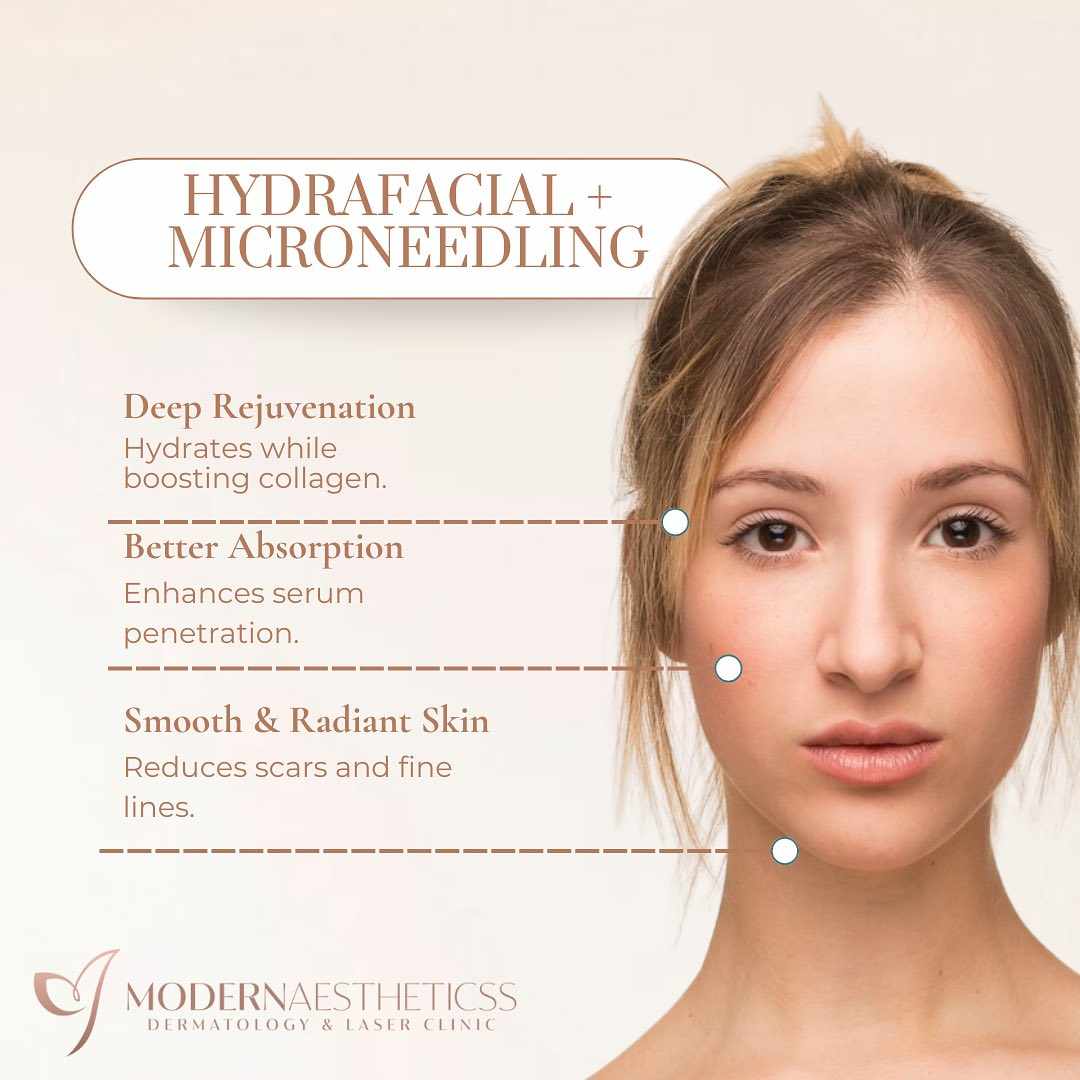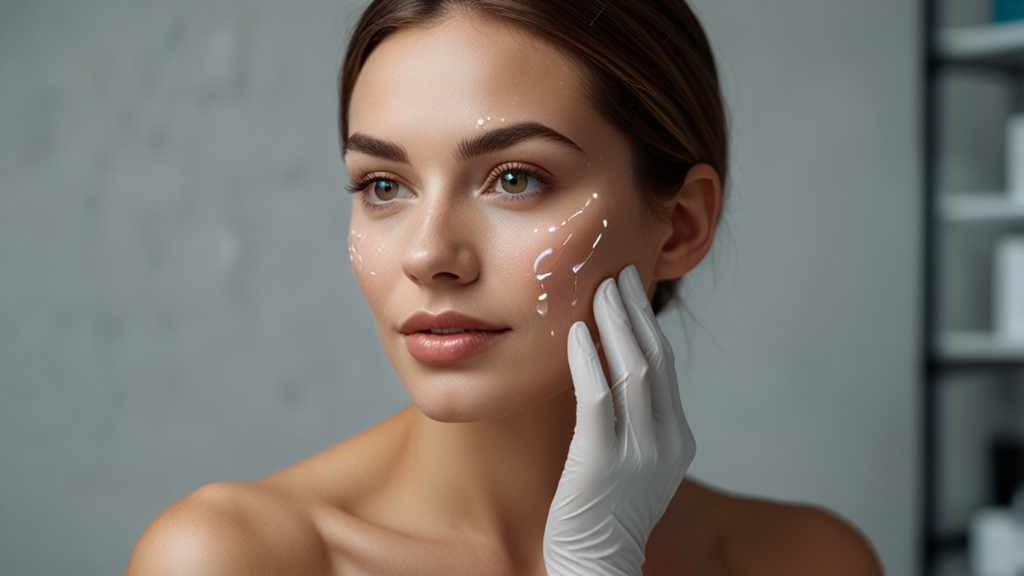
When it comes to skincare, the field of dermatology plays a crucial role in diagnosing, treating, and preventing various skin conditions. Dermatology is the branch of medicine that focuses on the health and care of your skin, hair, and nails. Whether you're dealing with common skin issues like acne or eczema or looking for treatments to address aging skin, understanding dermatology can help you make informed decisions about your skin's health.
What Is Dermatology?
Dermatology is the science of skin and its conditions, which includes both medical and cosmetic care. Dermatologists are medical professionals who specialize in diagnosing and treating skin diseases. They are trained to handle a wide variety of skin issues, from benign conditions like warts to more serious diseases such as melanoma, a type of skin cancer. In addition to medical treatments, dermatologists also offer aesthetic services that help improve skin appearance and overall health.
The Importance of Skin Care
Your skin is the body’s largest organ and acts as a protective barrier against environmental hazards, such as pollutants, harmful bacteria, and UV radiation. Maintaining healthy skin is essential not just for your appearance but for your overall well-being. Skin care is about more than just aesthetics; it’s about protecting and nurturing this vital organ to prevent premature aging, irritation, and long-term damage.
Common Skin Conditions Treated by Dermatologists
There are numerous conditions that dermatologists address, ranging from minor skin irritations to severe diseases. Some of the most common skin issues include:
Acne – A condition that causes pimples, blackheads, and cysts, primarily on the face, chest, and back. Dermatologists can prescribe topical treatments, oral medications, or even laser therapy to reduce acne flare-ups.
Eczema (Atopic Dermatitis) – Eczema is a chronic condition that causes itchy, inflamed skin. Treatment often involves moisturizing the skin, avoiding triggers, and using prescription ointments or medications.
Psoriasis – This autoimmune disorder leads to the rapid growth of skin cells, resulting in red, scaly patches. Dermatologists can offer treatments such as topical medications, light therapy, and systemic treatments.
Rosacea – A common skin condition that causes redness, visible blood vessels, and pimple-like bumps, usually on the face. Dermatologists can help manage rosacea with medications and lifestyle changes.
Skin Cancer – Early detection and treatment of skin cancer are essential for effective outcomes. Dermatologists use a range of diagnostic tools, including biopsies, to detect and treat melanoma and other skin cancers.
Aging Skin – As we age, our skin changes. Wrinkles, fine lines, and age spots are common concerns. Dermatologists offer a range of treatments, including Botox, fillers, chemical peels, and laser therapy, to rejuvenate the skin and restore a youthful appearance.
The Role of Prevention in Dermatology
Prevention is a core aspect of dermatology. Regular skin check-ups with a dermatologist can help detect skin issues early, which can lead to more effective treatments. Additionally, dermatologists emphasize the importance of protecting your skin from harmful sun exposure. Wearing sunscreen, avoiding tanning beds, and practicing sun safety can help reduce the risk of skin cancer and prevent premature aging.
Diet and lifestyle also play a role in skin health. A balanced diet rich in vitamins, antioxidants, and healthy fats can promote skin hydration and elasticity, while avoiding smoking and excessive alcohol consumption can help prevent premature aging and other skin problems.
Treatments Dermatologists Offer
Dermatologists use a wide range of treatments to address skin conditions. These treatments can be categorized into medical, surgical, and cosmetic procedures:
Medical treatments: These include topical creams, oral medications, and light therapies used to manage conditions like acne, eczema, and psoriasis.
Surgical treatments: In cases of skin cancer or other serious conditions, dermatologists may recommend surgical procedures like excisions or biopsies to remove abnormal growths.
Cosmetic treatments: From anti-aging treatments to scar reduction, dermatologists offer a variety of cosmetic services such as Botox, dermal fillers, chemical peels, and laser treatments to improve skin appearance and address specific concerns.
Understanding the basics of dermatology can help you take better care of your skin, address any concerns early on, and seek professional help when necessary. By prioritizing skin health, you can enjoy healthy, glowing skin for years to come




















Write a comment ...